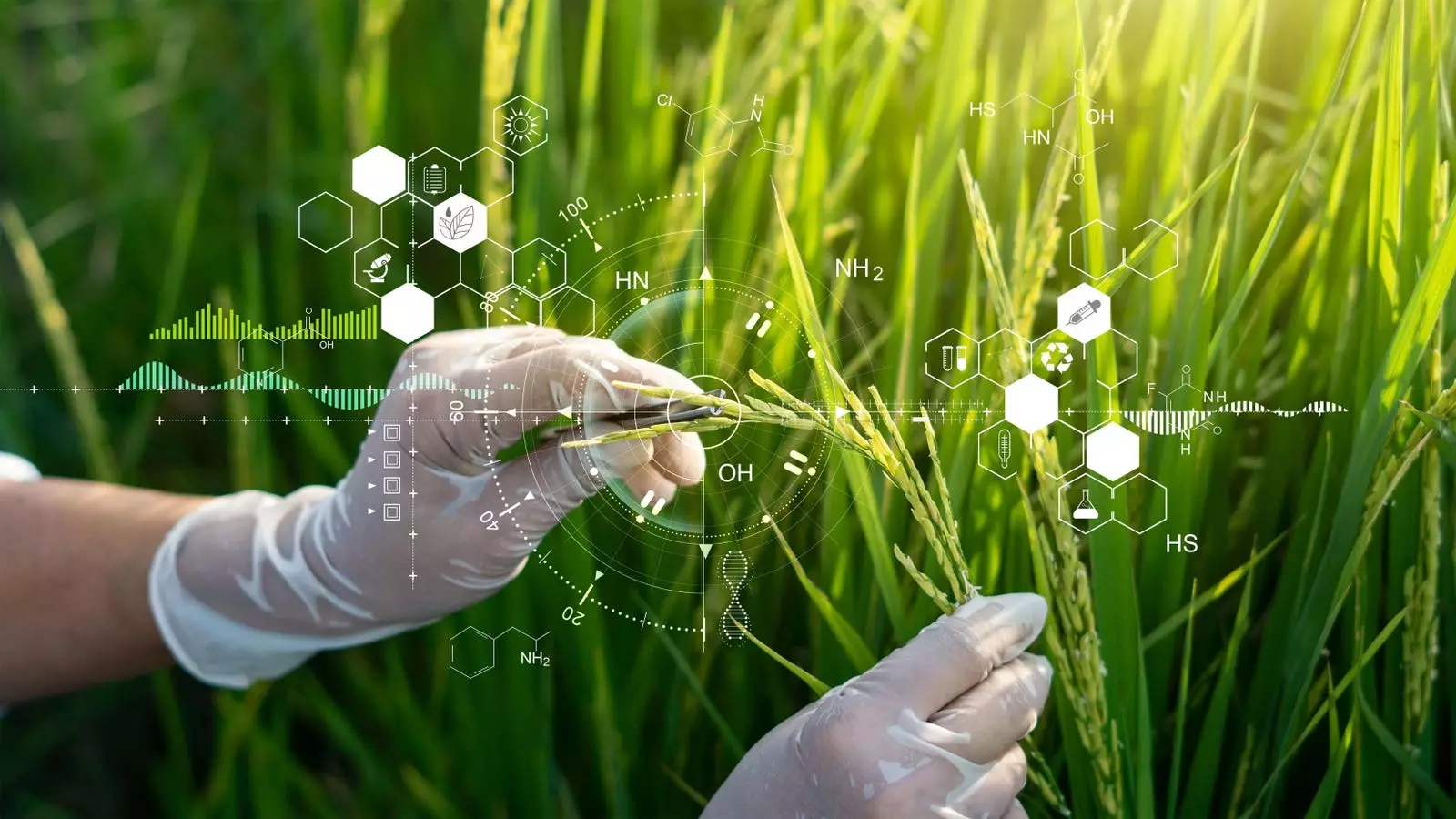As the world steps into 2025, the complexities surrounding the global food system become starkly apparent. A combination of rising commodity prices and altering political landscapes—especially with recent shifts in U.S. administration policies—serves to amplify the uncertainty that pervades the sector. Yet, amidst this volatile environment, astute investors are spotlighting technological innovations that promise to redefine the future of both food and agriculture. This article delves into the essential themes shaping the industry and examines how entities within the sector are pivoting to harness these innovations for greater resilience in food production.
With approximately one-third of agricultural land experiencing significant degradation, the health of our soils is paramount for sustainable crop production. Investors are increasingly turning to biotechnology as a transformative force, unlocking efficient alternatives to traditional pesticides and chemical fertilizers. Sarah Sclarsic, co-founder of Voyager Ventures, emphasizes the vital need for restorative practices within farming, urging stakeholders to monitor the advances made in biotech innovations.
Companies like Andes.bio and Concert Bio are at the forefront, creating biological inputs that not only enhance crop yields but also work to minimize environmental impact. This evolution is complemented by firms such as Trace Genomics, which leverage data analytics to offer insights into soil resilience. The integration of precision agriculture further solidifies this approach, as sophisticated technologies such as high-tech sensors and machine learning algorithms empower farmers to maximize the efficacy of inputs while optimizing resource use.
Chronic health conditions such as cardiovascular disease represent a pressing public health challenge in the U.S., prompting a reevaluation of dietary habits. In response, biotechnology is again rising to the occasion, providing solutions that link nutrition science with health outcomes. Notably, developments in GLP-1-based therapies are revolutionizing how we perceive food’s role in managing conditions like obesity and diabetes.
Investors like Brian Bernstein from Rich’s Corporation predict a market shift towards more nutrient-dense and protein-rich food products tailored to evolving consumer needs. New startups such as Thistle and Lembas Bio are already pioneering food products that align with these insights, creating offerings that support healthier lifestyles without sacrificing taste or accessibility. Such innovations underscore a pivotal transition, with the potential to replace costly pharmaceutical interventions with practical nutritional alternatives.
As climate change poses severe challenges to food production, the urgency to enhance resilience within agricultural systems escalates. High-profile disruptions witnessed in the market, such as soaring prices for eggs and cocoa, highlight the fragility of traditional food supply chains. To address these challenges, companies like Sunflower Therapeutics are exploring pharmaceutical-grade fermentation technologies to bolster food production capacities effectively.
With investments pouring into companies that highlight bioprocess innovation, the food sector is witnessing a shift toward more sustainable production methods. Efficiency and cost-effectiveness are at the helm of these transformations, offering new pathways to reduce reliance on conventional agriculture, which is often vulnerable to climatic fluctuations.
The food industry is grappling with persistent labor shortages, with surveys revealing that over 80% of food service businesses are actively recruiting for essential positions. In response, investors are keenly observing technological advancements in robotics, artificial intelligence, and automation that promise to alleviate workforce constraints. The potential for AI to improve operational efficiency across the food supply chain, from farming to distribution, is gaining traction.
Innovative solutions such as 4AG Robotics’ crop-harvesting systems and Chef Robotics’ automated food preparation machines are set to reshape workflows. As major players in the industry realize the benefits of integrating AI-powered solutions, the prospects for transformation appear promising—provided these systems prove to be cost-effective and scalable.
Optimism permeates the food technology sector as 2025 approaches, largely spurred by corporate activities and anticipated mergers and acquisitions (M&A). The evolution of technology maturity paired with favorable macroeconomic conditions creates an environment ripe for investment. Brett Brohl from Bread and Butter Ventures notes that the current environment offers untapped potential for M&A activity after a relatively dormant period.
However, investors remain cautious, remaining acutely aware of macroeconomic factors, particularly interest rates’ influence on investment behaviors. The emergence of government support for food technology indicates the recognition that public funding is essential for broad-scale transformation. Jennifer Stojkovic from Joyful VC articulates this perspective, asserting that the food sector’s scalability is contingent upon robust government investment, thus acknowledging that private funds alone may not suffice to drive the necessary changes.
The challenges facing the food industry today are substantial, but with them comes a beacon of opportunity. By leveraging technological innovations in agriculture, from enhancing soil health to reshaping nutrition and optimizing supply chains, the sector can simultaneously address pressing societal needs while fostering environmental sustainability. As food technology continues to evolve, the 2025 horizon presents a critical opportunity for investors and entrepreneurs to collectively innovate and build a resilient and sustainable future for global food systems.


Leave a Reply